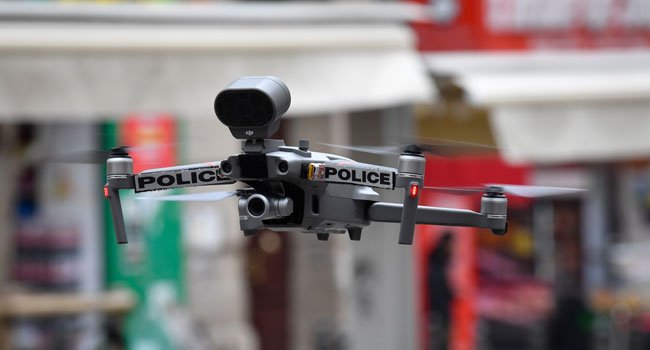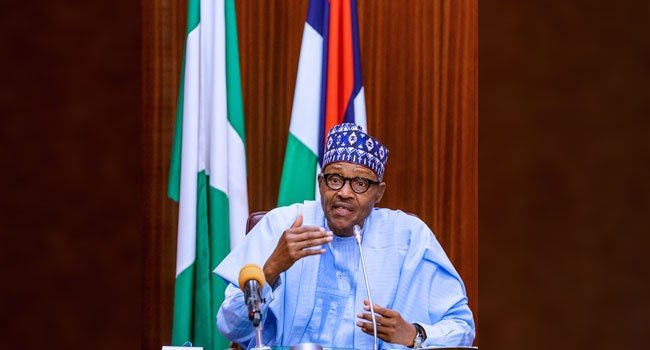Police Use Drones To Ensure Coronavirus Confinement In France
Authorities are increasingly turning to drones to patrol streets, parks, and riverbanks, and manufacturers are more than happy to meet the demand.
Authorities struggle at times to convince people to curb their instincts and spend less time outside, especially when the weather is good.
The order “stay home! You cannot stay in this area,” barked from the sky elicits an image of Big Brother that civil libertarians have warned of for some time.
In February, a video that went viral on social media showed an astonished Chinese woman being lectured to by a drone.
“Yes grandmother, it is the drone that is speaking to you. You should not go out without a mask. You had better go back home, and don’t forget to wash your hands,” the policeman who was controlling the device told her.
European police have picked up on the idea and want to use “fear of the cops” to support restrictions in
Belgium, France and Spain.
The technique is being used even outside urban areas, where people are inclined to feel they run less risk of crossing paths with someone carrying COVID-19.
“A message from a drone catches your attention and avoids police having to meet the person face to face,” notes Stephane Morelli, co-founder of Azur Drones which has developed a “quasi-autonomous” system of airborne surveillance.
He told AFP that China has also tested drones equipped with infrared sensors that take people’s temperatures in the street or on their balconies.
Since streets are almost empty and other aircraft are few and far between, the conditions for using drones are almost ideal, he said.
But once we become used to such surveillance, and possibly employ countermeasures like hats and masks, will it still be effective?
“I see it mainly as a way to raise awareness, and then as a means of control,” said Bastien Laurent, head of a national federation of professional civil drone operators.
Unlike China, France does not now allow drones to be used for facial recognition, though they are capable of doing so from several hundred meters (yards) away.
But since rules on moving about have been widely reported by the media, “you don’t necessarily have to identify someone” because the drone can “spread the word” or direct a police patrol to the person in question, Laurent told AFP.
“The idea is not yet to use a drone for fines. I do not think France is ready for that sort of thing,” added Alexandre Thomas, founder of Flying Eye, which sells and rents drones to security services.
“Since Friday, I am getting calls every two hours to order material,” he told AFP.
Authorities in Paris have a contract with the company and now own and use around 20 of its drones for various purposes.
“Drones are no longer exotic, they are indispensable tools already being used to keep an eye on demonstrations,” Thomas noted.
He added that “there is also strong demand from prisons, in case of riots to inform intervention teams on the ground.”
His company was asked about the possibility of adapting drones “to do aerial spraying of disinfectants” to fight the pandemic that has killed almost 22,000 people worldwide.
Images from China showing such use also recall scenarios from a science fiction movie.
In France, “we are only in the development phase, that is something foreseen for when the confinement period is over,” Thomas believes.
AFP



